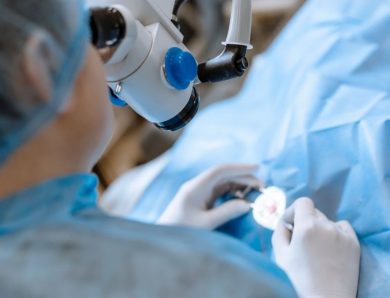
Overcoming Eating Disorders and Embracing Self-Healing
The journey of overcoming eating disorders is a profound exploration of self-discovery and resilience. These mental health conditions, including anorexia nervosa, bulimia nervosa, and binge eating disorder, deeply affect individuals’ lives, necessitating a courageous pursuit of healing and support.
The Complexity of Eating Disorders:
Eating disorders like Anorexia Nervosa, Bulimia Nervosa, and Binge Eating Disorder (BED) are complex expressions of deep emotional distress, distorted self-perception, and societal pressure that affect more than just food and weight.
The Role of Emotional and Psychological Factors:
Eating disorders are caused by underlying emotional and psychological problems. People with eating disorders may use eating disorders as a way to cope with stress, trauma, poor self-esteem or a feeling of being out of control. Knowing what causes eating disorders is essential.
Distorted Body Image:
Individuals with eating disorders often have a distorted perception of their body image, seeing themselves as overweight or excessively thin regardless of their actual physical appearance.
Societal Influences:
Societal standards of beauty, perpetuated by media, advertising, and cultural norms, contribute significantly to the development of eating disorders. Unrealistic ideals of thinness or muscularity create pressure for individuals to attain unrealistic body standards, leading to unhealthy dieting practices and body dissatisfaction.
Seeking Professional Guidance:
Recovery commences by seeking assistance from professionals. Therapists, counselors, and support groups play a crucial role in offering indispensable guidance to unravel the emotional and psychological origins of disordered eating patterns.
Utilizing Supportive Resources:
Technological progress provides indispensable assistance throughout the process of recovery. Soberlink, a discreet alcohol monitoring device, effectively monitors alcohol intake, enabling individuals to make well-informed choices regarding their drinking patterns. The testimonials found in Soberlink Reviews further validate its effectiveness in supporting individuals on their journey to overcome eating disorders.
Nourishing the Body:
Central to recovery is nourishing the body with balanced nutrition and consistent meals. Collaborating with a registered dietitian or nutritionist enables individuals to craft meal plans that align with their recovery goals, fostering a healthier relationship with food.
Mindful Movement:
Physical activity can be empowering, aiding individuals in reconnecting with their bodies. However, it’s imperative to approach exercise mindfully, steering clear of compulsive behaviors that may exacerbate eating disorder symptoms.
Embracing the Journey:
Recovery is a multifaceted process, demanding dedication, patience, and self-compassion. Celebrating small victories and milestones is essential, as setbacks may occur. With unwavering support and determination, individuals can reclaim their health and well-being.
Conclusion:
Embracing recovery from eating disorders is a transformative odyssey marked by self-discovery and resilience. By seeking professional guidance, nourishing the body, engaging in mindful movement, and leveraging supportive resources like Soberlink, individuals can take meaningful strides toward healing and reclaiming their lives. Remember, with courage and perseverance, the path to recovery is illuminated.




